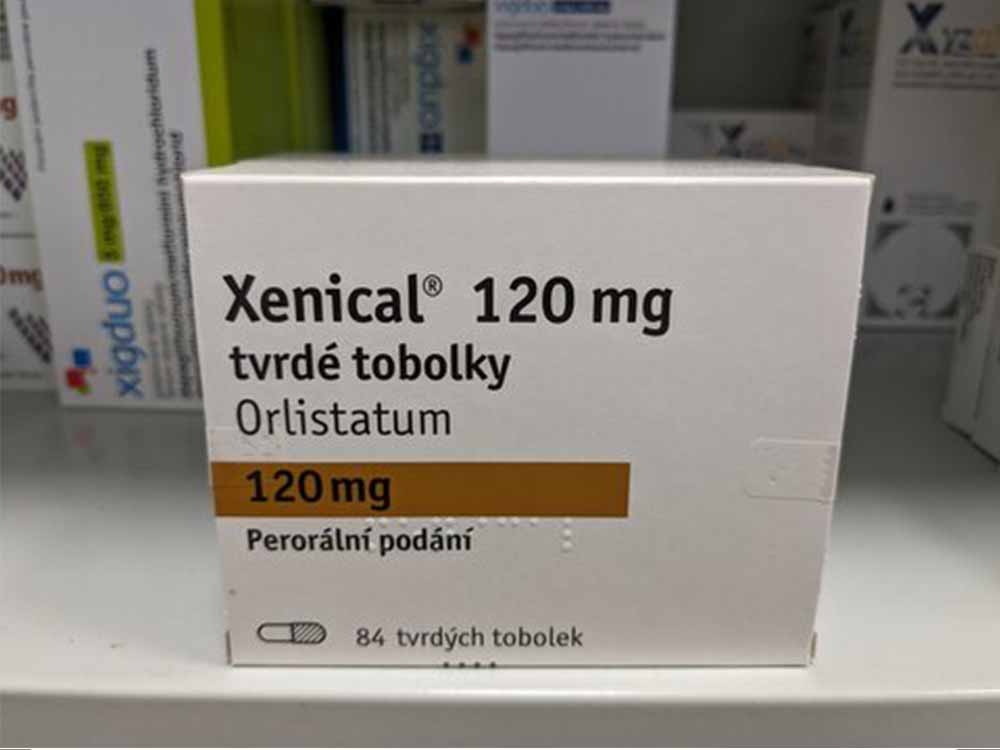Xenical in 2006: Therapeutic Applications, Mechanism of Action, and Clinical Considerations
Xenical, a medication containing the active ingredient orlistat, played a significant role in weight management and obesity treatment in 2006. This exploration delves into the multifaceted aspects that defined Xenical during this period, encompassing its therapeutic applications, mechanism of action, clinical efficacy, safety profile, and patient considerations.
Therapeutic Applications and Pharmacological Properties
Weight Management:
Xenical was indicated for the management of obesity and weight loss in conjunction with a reduced-calorie diet. It served as an adjunctive therapy to dietary modifications and lifestyle interventions, aiming to facilitate weight reduction and improve metabolic parameters in overweight and obese individuals.
Lipase Inhibition:
The pharmacological action of Xenical primarily involved the inhibition of gastric and pancreatic lipases, enzymes responsible for the breakdown of dietary fats into absorbable fatty acids and monoglycerides. By blocking fat absorption, Xenical reduced calorie intake from dietary fat, leading to negative energy balance and weight loss.
Clinical Efficacy and Safety Profile
Weight Loss Outcomes:
Clinical trials and real-world studies demonstrated the efficacy of Xenical in promoting weight loss and improving weight-related comorbidities, such as hypertension, dyslipidemia, and type 2 diabetes mellitus. Patients treated with Xenical typically experienced modest but clinically significant reductions in body weight and waist circumference over time.
Gastrointestinal Side Effects:
Xenical’s mode of action resulted in notable gastrointestinal side effects, including oily stool, fecal urgency, flatulence, and abdominal discomfort. These adverse effects were attributed to the unabsorbed dietary fat passing through the gastrointestinal tract and were generally mild to moderate in severity, diminishing over time with continued use.
Patient Considerations and Counseling
Dietary Guidance:
Patients prescribed Xenical received comprehensive dietary guidance from healthcare providers or registered dietitians. They were advised to adhere to a nutritionally balanced, reduced-calorie diet that limited fat intake to approximately 30% of total daily calories. Meal planning, portion control, and regular monitoring of dietary habits were integral components of Xenical therapy.
Compliance and Persistence:
Achieving optimal outcomes with Xenical necessitated consistent medication adherence, lifestyle modifications, and long-term commitment to treatment goals. Healthcare providers emphasized the importance of patient compliance, persistence, and regular follow-up appointments to monitor progress, address challenges, and adjust treatment as needed.
Conclusion and Future Perspectives
Role in Obesity Management:
Xenical represented a valuable pharmacological intervention in the comprehensive management of obesity and overweight conditions. Its ability to inhibit fat absorption offered a unique therapeutic approach to weight loss, complementing lifestyle interventions and promoting sustainable changes in body composition and metabolic health.
Integrated Treatment Approach:
Xenical’s efficacy and safety were optimized when integrated into a multifaceted treatment approach that encompassed dietary modifications, physical activity, behavioral counseling, and psychosocial support. Collaborative efforts among healthcare providers, patients, and allied professionals were essential for achieving long-term success in weight management.











